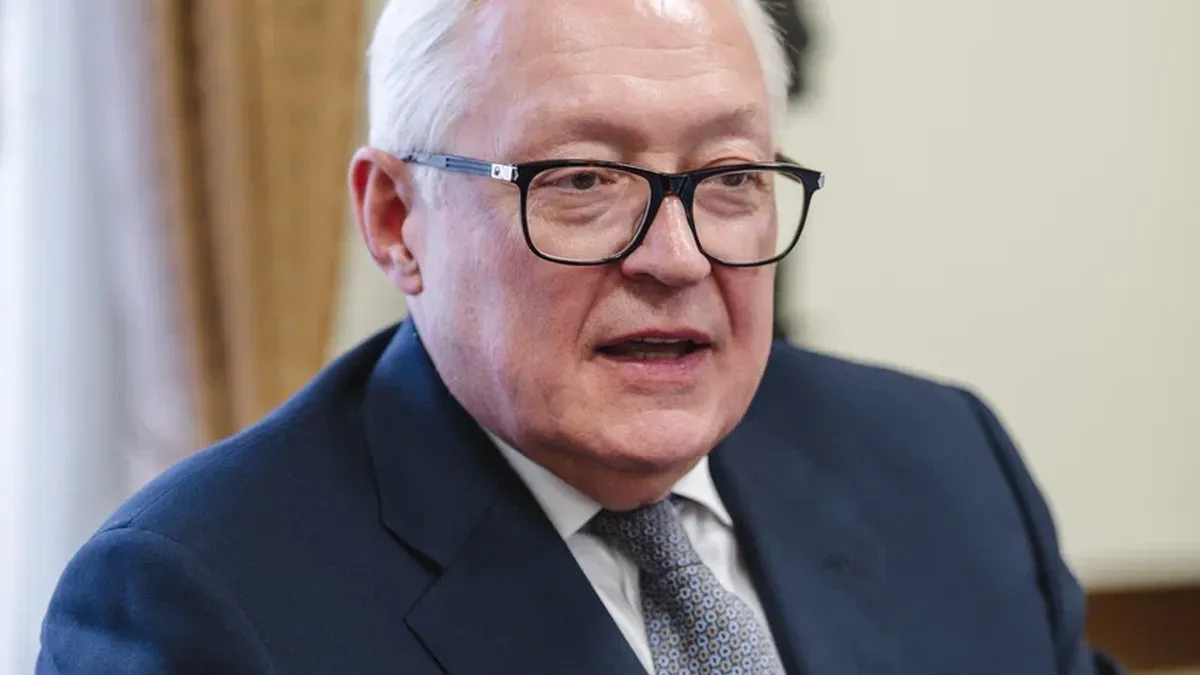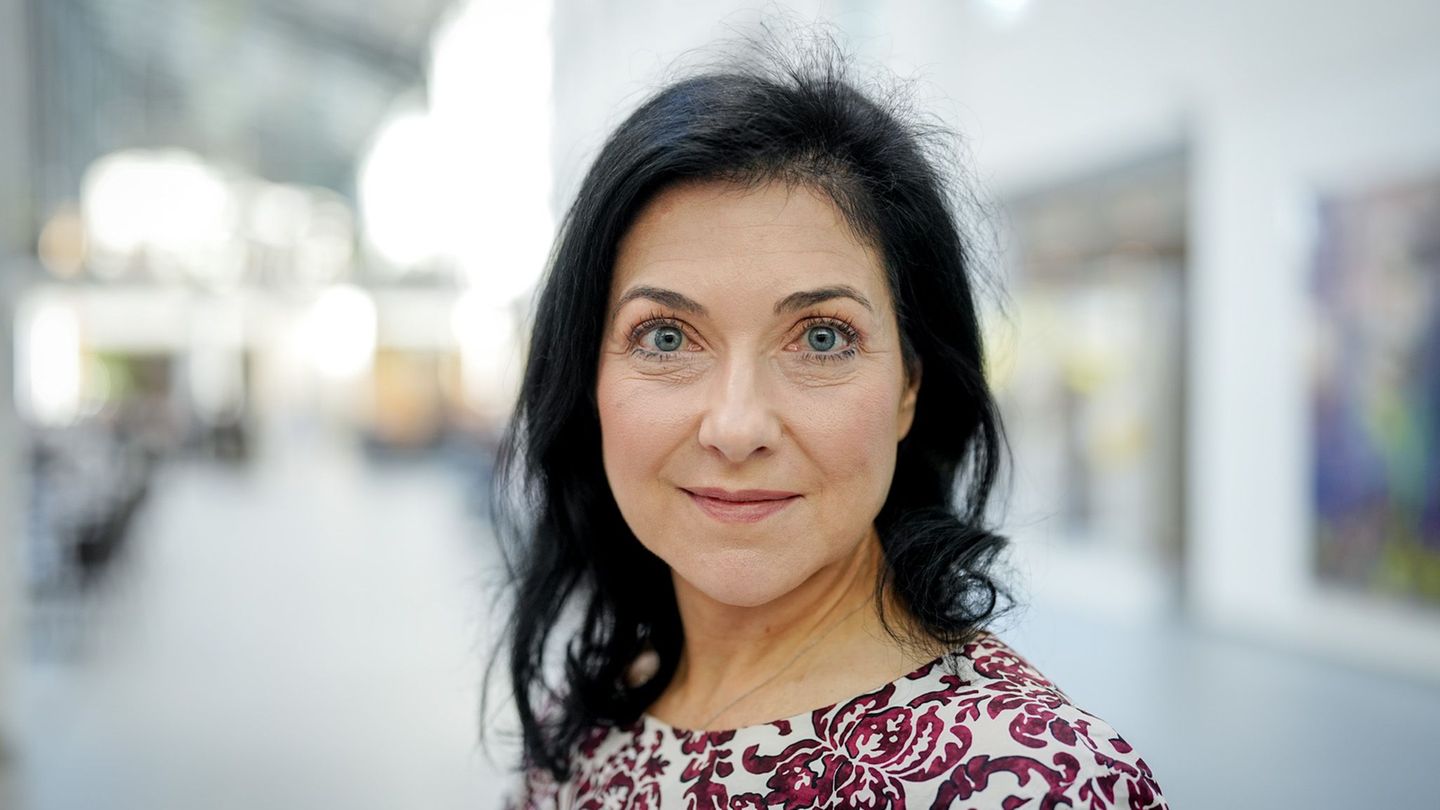Menu
Office in difficult times: The Habeck successor stands before these tasks
Categories
Most Read
Amazon reports cloud disruption – online services affected worldwide
October 20, 2025
No Comments
Discounter: Aldi Süd eliminates its own meat from the lowest farming standards
October 20, 2025
No Comments
Pension reform: How is private provision still possible?
October 20, 2025
No Comments
Pharmaceutical industry warns: Association: Dependence on China endangers drug supplies
October 20, 2025
No Comments
Latest Posts

After almost three years: For finals: Tennis ace Zverev announces Davis Cup comeback
October 20, 2025
No Comments
PierceI am Pierce Boyd, a driven and ambitious professional working in the news industry. I have been writing for 24 Hours Worlds for over five

Armaments industry: Naval shipbuilder TKMS has a brilliant start to the stock market
October 20, 2025
No Comments
Defense industry Naval shipbuilder TKMS has a brilliant start to the stock market Copy the current link Add to wishlist After TKMS’s stock market debut,

Russia admits that trade with Argentina had a better moment and hopes for progress with the government of Javier Milei
October 20, 2025
No Comments
“We want to develop a forward-looking and progressive relationship with Milei“, proposes the official, while betting that “the Argentine people know how to move forward
24 Hours Worlds is a comprehensive source of instant world current affairs, offering up-to-the-minute coverage of breaking news and events from around the globe. With a team of experienced journalists and experts on hand 24/7.

